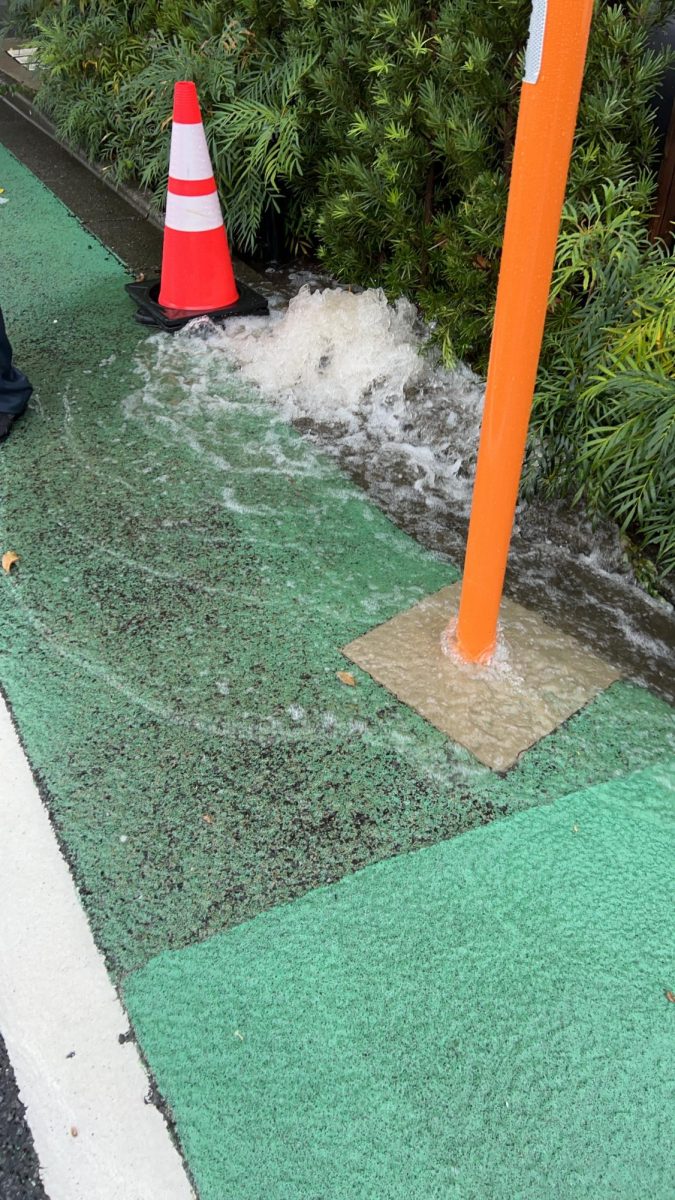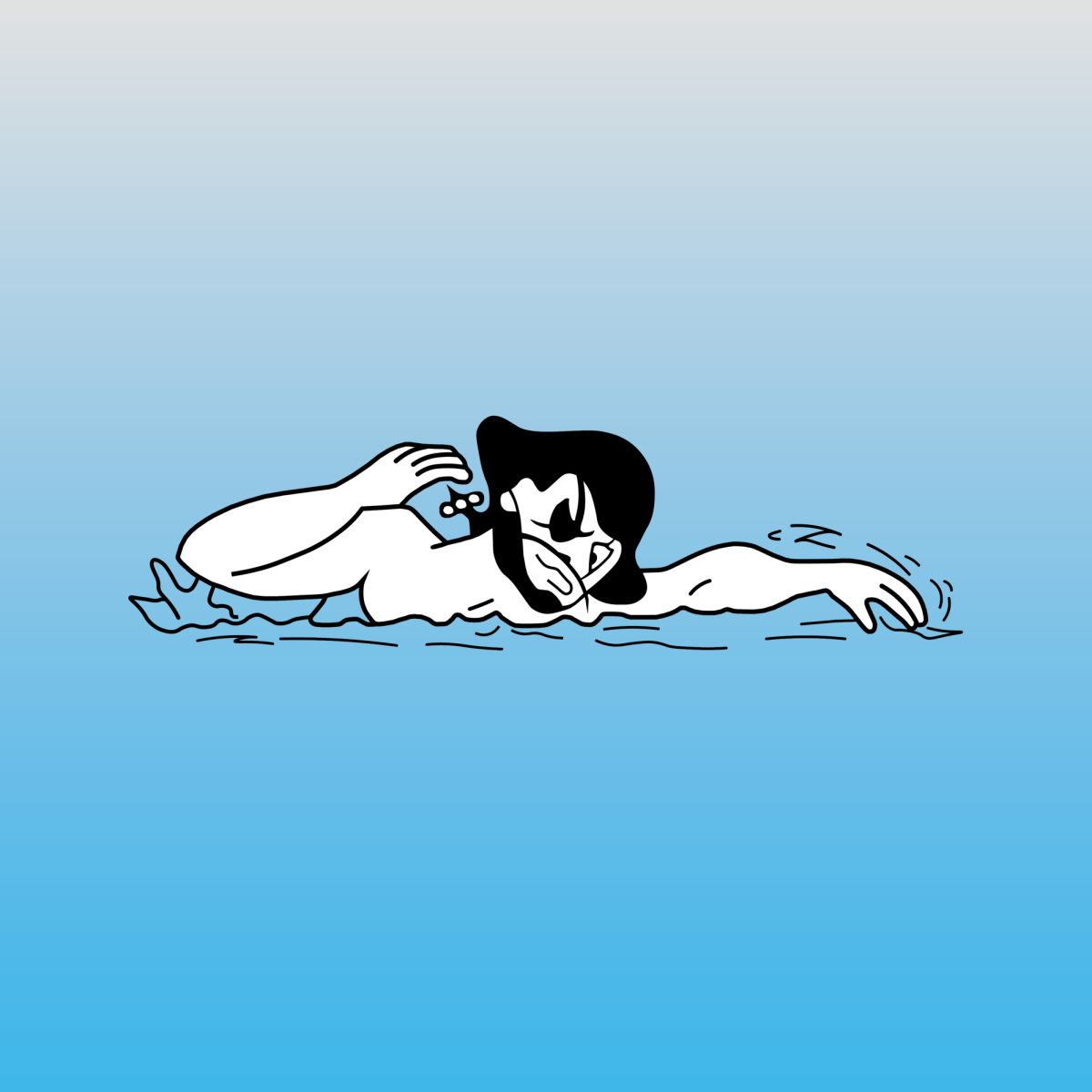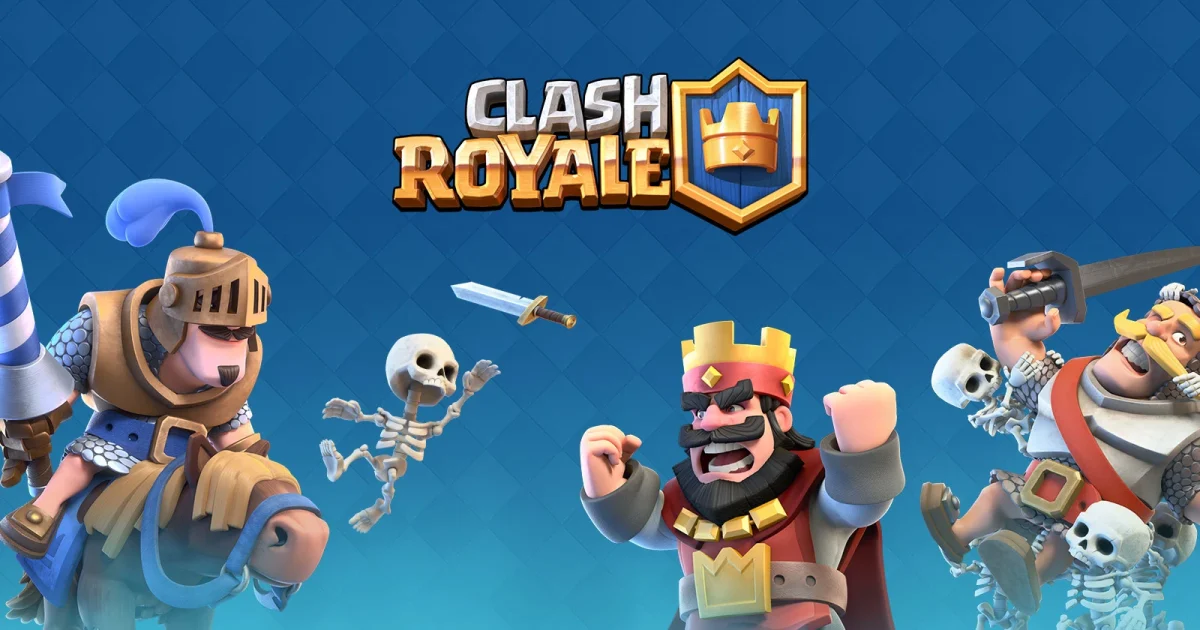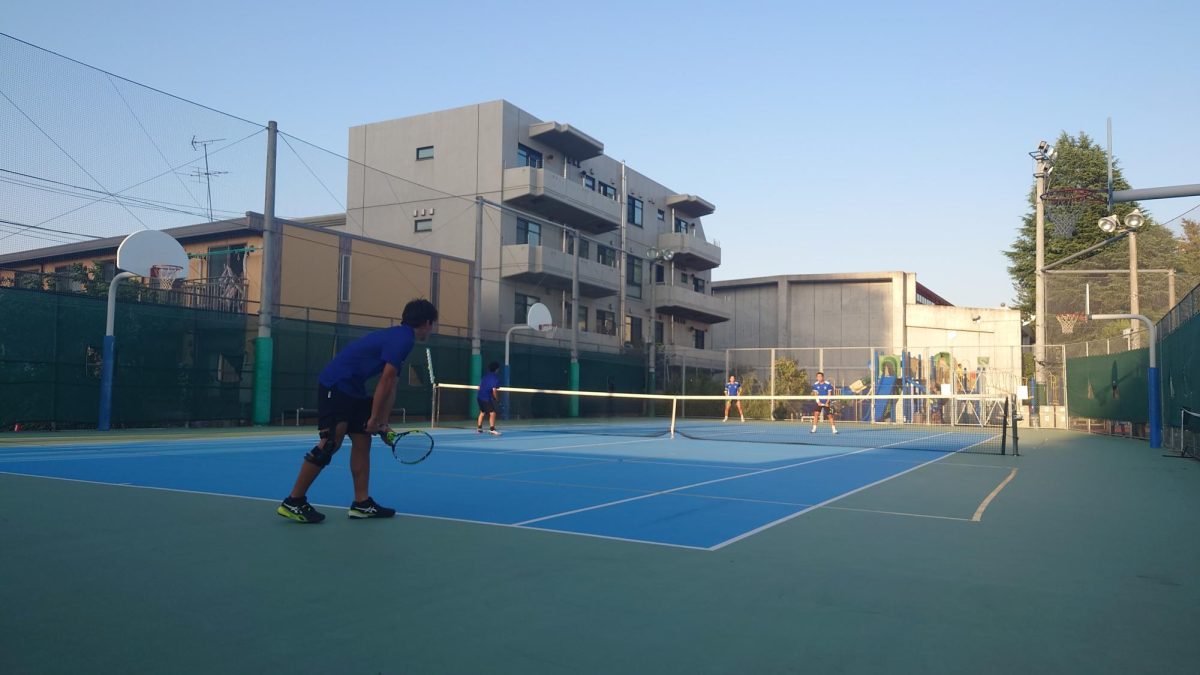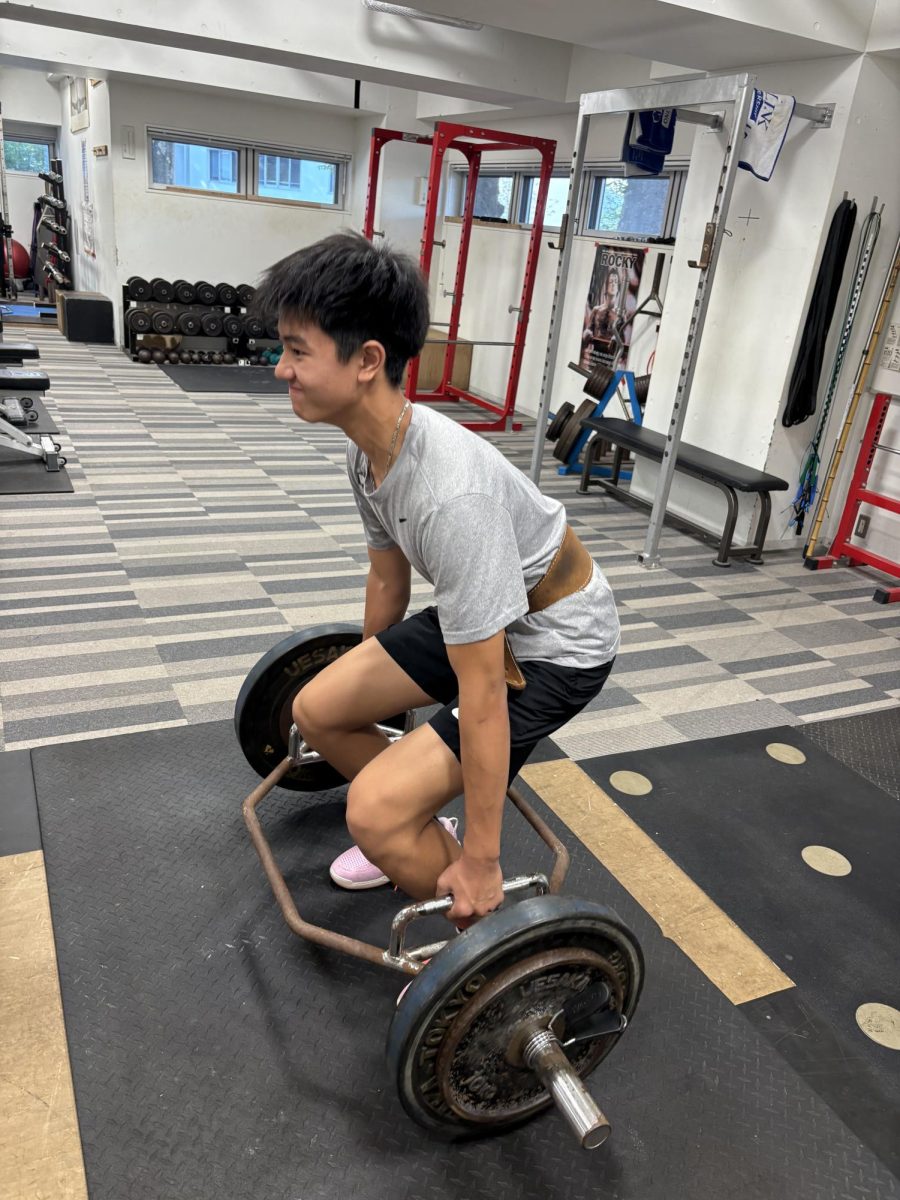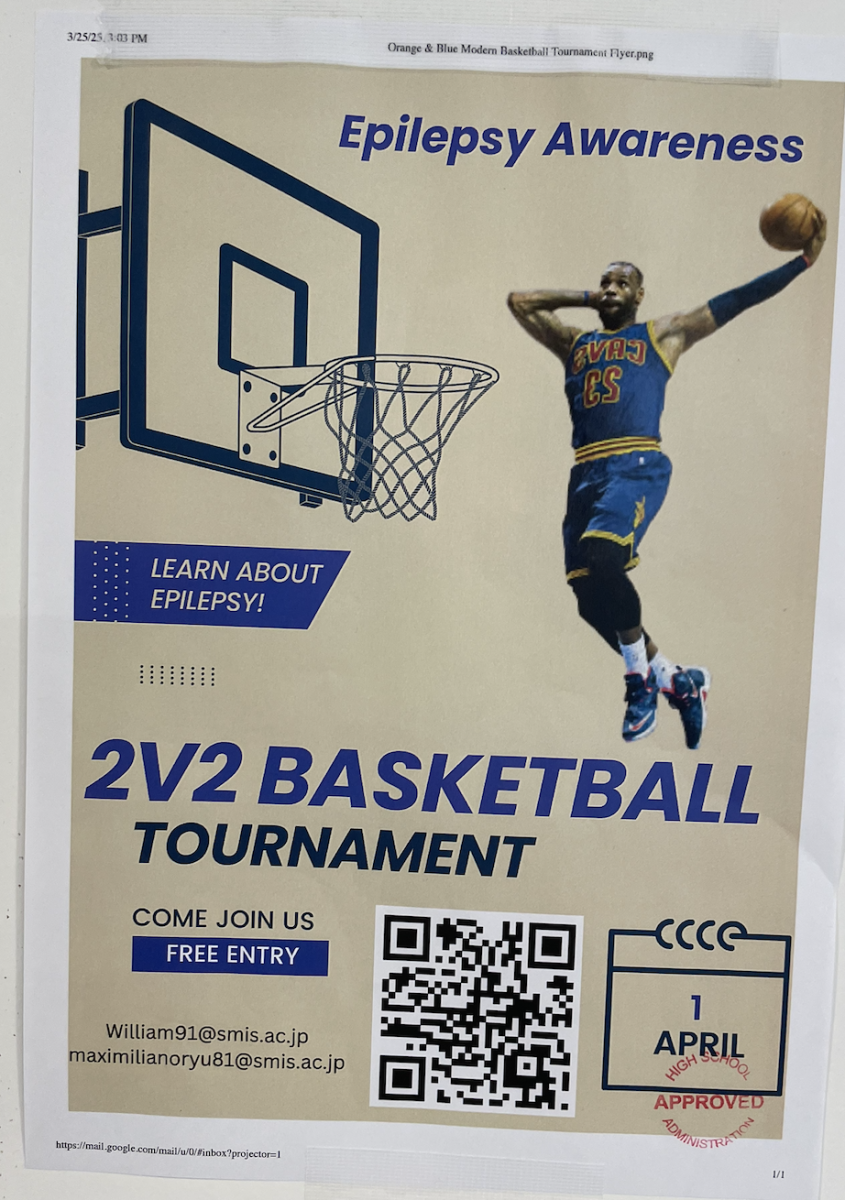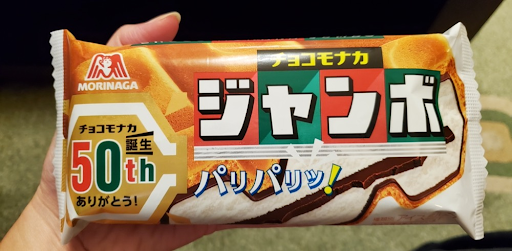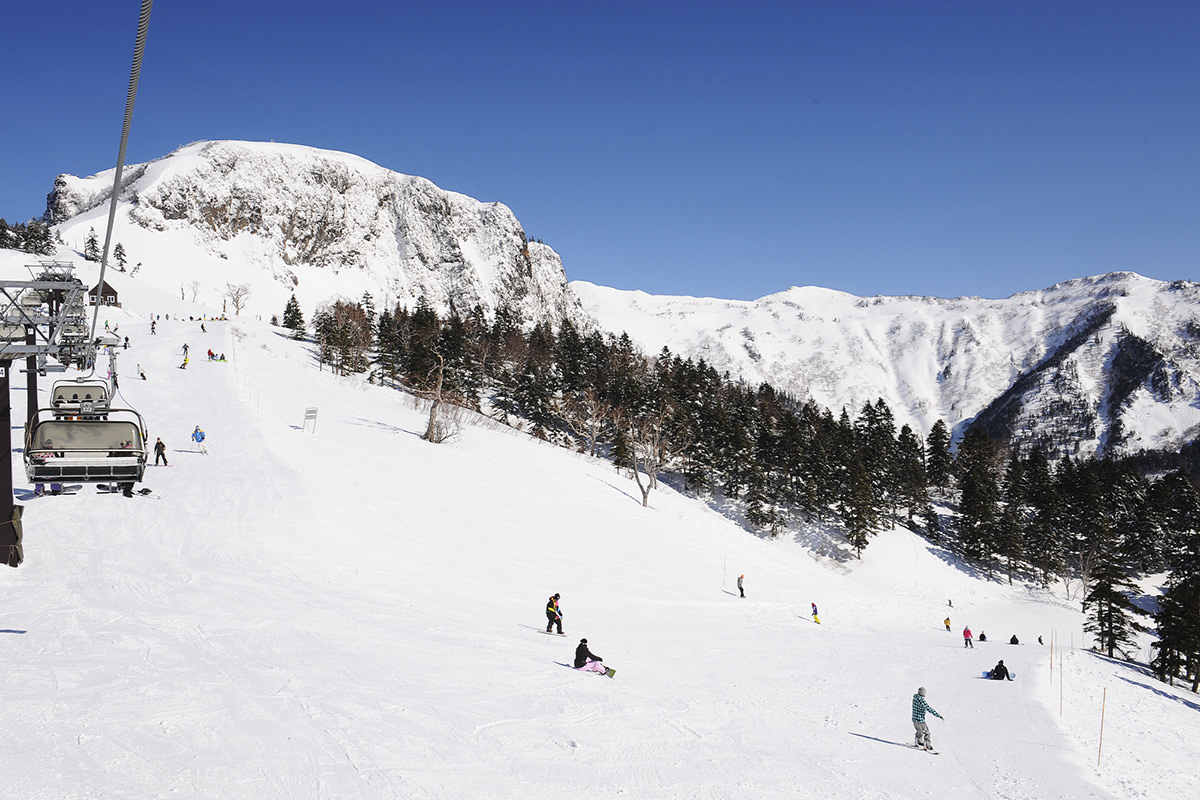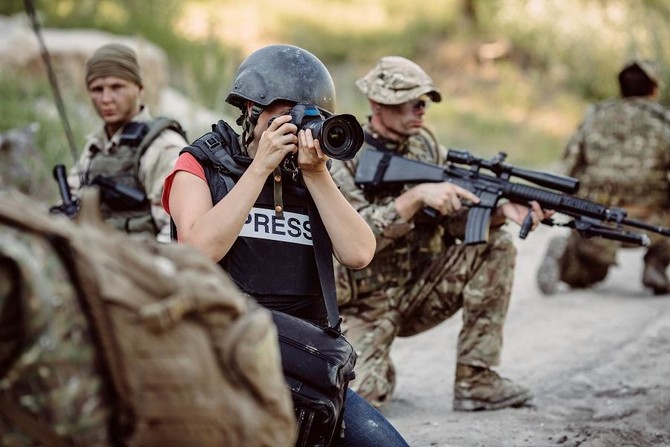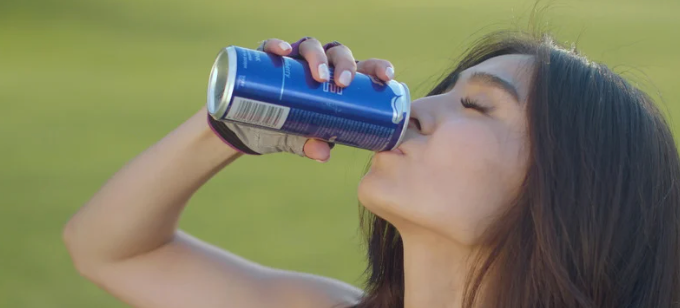The Buccaneers, a competitive swim team in St. Mary’s International School, had a fall Invitational swim meet on 10/26. The sharp scent of chlorine filled the air, hung heavy; the humid heat on the pool deck was like another layer of clothing for the swimmers. The area was filled with celebration of speed, teamwork, and school pride, but just before the first relay, excitement turned to panic when one of the top swimmers collapsed on deck, raising serious questions about the safety of energy drinks for young athletes.
One of the fastest middle school swimmers appeared unwell and distressed. His body hunched over, his face turned bright red. Beads of sweat dripped from his forehead, his chest rose and fell more rapidly, and each breath was shorter than the last. He wrapped his arm around his stomach, wincing, while his teammates gathered in panic as coaches rushed to the scene.
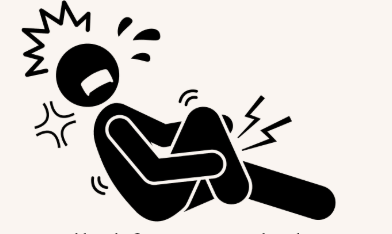
He was quickly laid down and given water while the coaches called for an ambulance. The relays were postponed until the next day. When he returned the next day, he felt better but could not compete; doctors had advised him that his body needed to rest. Soon, it was discovered that he consumed energy drinks before his races.
After it was discovered that he had consumed energy drinks before competing, a question arose: What caused his body to shut down so suddenly? In an interview, he admitted he drank 2 and a half cans of Red Bull throughout the meet. “The adrenaline rush made me feel like I was using 101% when I was swimming my races,” he said. But instead of giving him a competitive edge, the overload stimulants pushed his body to the limits.
“At first, it looked like one of his usual cramps,” said Daniel, a close friend of the swimmer. “But then he started crying, and he never does that. That’s when I knew something was seriously wrong.”
In a survey of 35 St. Mary’s swimmers conducted after the incident, 38% admitted to trying energy drinks before competing at least once. Most people cited “extra energy” or “to improve performance” as their primary reasons. When asked if they were aware of the potential health concerns associated with energy drinks, all of the swimmers had been given warnings.
According to the American Academy of Pediatrics, children and adolescents should avoid energy drinks entirely because the stimulants can affect developing hearts and nervous systems. Caffeine and other ingredients like taurine and guarana can increase heart rate, blood pressure, and anxiety, especially when combined with intense exercise.
Energy drinks, such as Red Bull and Monster, are known for giving a quick boost of energy. This is because they contain high amounts of caffeine, sugar, and stimulants such as guarana and taurine. These can make people feel more energized and awake, but they also come with risks, especially before or during intense physical activity.

The swimmer said, “First, I felt a really bad cramp in my stomach, then I couldn’t breathe, then I felt numb all over, and I don’t remember after.” This traumatizing event shows that energy drinks’ sugar boosts the student’s energy, but that energy comes crashing down just as fast.
After he was let go from the hospital, he said that the doctor said, “She just said my body isn’t supposed to be pushed that far.” The combined pressure from energy drinks and competing probably pushed his body past his limits.
Mr. Moodie, the head coach of the swim team, said during the interview. “Yeah, they shouldn’t be drinking those.” Mr. Moodie also said, “St. Mary’s students need a more balanced diet; they can eat chocolate and other stuff, but need a good, balanced diet. Swimmers should have a good meal and sleep before a meet.”
The school nurse, Ms. Bingham, also explained why energy drinks aren’t necessary. “If students are eating well, getting enough sleep, and drinking water, they don’t need to rely on energy drinks at all,” she said. “The number one thing I tell them is to stay hydrated with water.”
Ms. Bingham’s advice also aligns with the Centers for Disease Control and Prevention (CDC), which suggests that water is the best way to stay hydrated during physical activities. The CDC warns children and adolescents that energy drinks can cause dehydration, especially during intense physical activity.
After the incident, the swimmers and coaches took this topic more seriously. Some teammates admitted they tried energy drinks before races but changed their minds after what happened. “It was really scary to see,” Daniel said. “After that, I make sure to get more hydration instead of relying on energy drinks.”
What happened during the Buccaneers’ Fall Invitational Meet made a lasting impression on the team. While energy drinks may seem to be a quick way to improve your performance, the risks far outweigh the benefits, especially for young athletes. The swimmer, whose name is being kept private, has since returned to practice and is recovering well, but his experience serves as a powerful reminder. His story tells us there are no shortcuts to success. The real fuel for improvement isn’t energy drinks or sugary drinks; it’s found in proper rest, healthy meals, and plenty of water. Most of the fastest and strongest swimmers are the ones who take the most care of their bodies.
Works Cited
Brown, Stephanie. “How Dangerous Are Energy Drinks?” Verywell Health, 28 July 2022, www.verywellhealth.com/energy-drinks-danger-6281116.
Schneider, Marcie Beth, and Holly J. Benjamin. “Sports Drinks and Energy Drinks for Children and Adolescents: Are They Appropriate?” PEDIATRICS, vol. 127, no. 6, 29 May 2011, pp. 1182–1189, https://doi.org/10.1542/peds.2011-0965.


